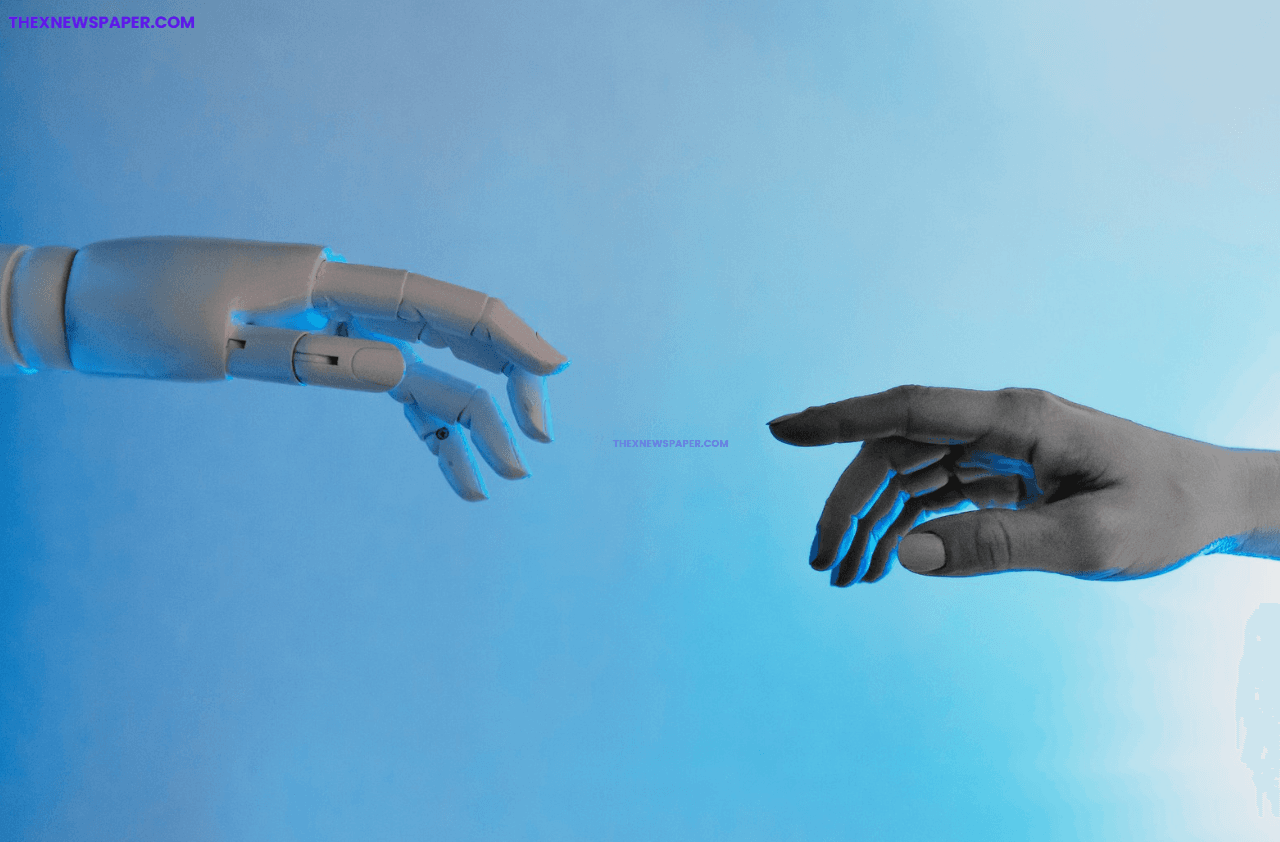Introduction: A New Dawn in Personalized Health
- Imagine waking up to your iPhone cheerfully saying:
“Good morning! It looks like you had a bit of a restless night. How about swapping your morning run for a delicious protein-packed breakfast and some gentle stretching?” - This isn’t a futuristic sci-fi dream—it’s Apple’s latest innovation in health tech. Apple has already redefined personal health tracking with the Apple Watch’s ECG monitoring, sleep tracking, and fitness rings. Now, it’s taking a giant leap beyond passive data collection with an AI-powered Health Assistant designed to be your 24/7 fitness coach, wellness guide, and early health risk detector.
- But is this truly a breakthrough in health management, or just another shiny feature designed to sell more Apple products? Let’s dive deep.
What is Apple’s AI Health Assistant?
- Think of it as an intelligent, personalized wellness consultant, constantly analyzing your lifestyle and making suggestions tailored to your body’s needs. Using real-time health data from your Apple Watch, iPhone sensors, and integrated third-party apps, the AI learns your habits and helps you optimize everything from diet to workouts, sleep patterns, and stress levels.
- Unlike traditional health apps that simply track steps or calories, this assistant identifies trends, spots deficiencies, and recommends adjustments in real-time. For example, if you’re constantly fatigued in the afternoon, it might analyze your sleep cycle, nutrition, and activity to offer precise lifestyle tweaks.
- But how exactly does it work?
How It Works: The Tech Behind the Magic

Apple’s AI Health Assistant relies on three core functions:
1. Data Collection: Your Body’s Every Move
- Apple Watch: Tracks heart rate, blood oxygen levels, sleep cycles, movement, and stress responses.
- iPhone Sensors: Monitors physical activity, posture, and even mental fatigue based on app usage patterns.
- Third-Party Apps: Integrates with apps like MyFitnessPal, Strava, and meditation apps to create a holistic view of your health.
2. AI-Powered Analysis: Understanding Your Body’s Patterns
- Uses advanced machine learning models to analyze your health trends over time.
- Detects patterns—like a drop in sleep quality due to excessive late-night screen time or high stress levels during specific work meetings.
- Learns your workout style, nutrition intake, and overall lifestyle to create hyper-personalized recommendations.
3. Actionable Insights & Smart Coaching
- Custom Fitness Plans: Modifies your workout routine based on energy levels, recovery status, and past performance.
- Nutritional Guidance: Suggests meal adjustments to balance calories, macros, hydration, and even gut health.
- Sleep Optimization: Recommends ideal bedtime routines, relaxation techniques, and caffeine intake limits.
- Stress Management: Detects rising stress levels and suggests breathing exercises, meditation, or short breaks.
Can AI Replace Human Health Experts?
While AI is incredibly smart, it lacks human empathy, intuition, and emotional understanding. Here’s how it compares:
| Feature | Apple AI Health Assistant | Human Experts |
|---|---|---|
| 24/7 Availability | ✅ Yes | ❌ No |
| Cost | Free with Apple devices | $$$$ |
| Data-Driven Insights | ✅ Advanced AI analysis | ⚠️ Based on limited patient visits |
| Emotional Support | ❌ Limited | ✅ Yes |
| Custom Fitness Plans | ✅ AI-generated | ✅ Expert-created |
| Medical Diagnoses | ❌ No (only alerts) | ✅ Yes |
- While a certified trainer or nutritionist offers deeper emotional engagement, Apple’s AI provides constant tracking and scientific precision, making it an excellent supplement to human expertise.
Key Features: A Deep Dive into Apple’s AI Health System

1. Personalized Fitness Coaching
- Workout suggestions based on sleep, stress, and energy levels.
- Adjusts intensity dynamically—missed a workout? It compensates with an easier session the next day.
- AI form correction (future feature) could alert you to posture mistakes in weightlifting or running.
2. Advanced Nutrition Guidance
- Goes beyond calorie counting—it analyzes macros, hydration, and micronutrients.
- Detects hidden sugars and unhealthy eating habits.
- Suggests pre/post-workout meals tailored to your metabolism.
3. Sleep & Stress Optimization
- Tracks sleep cycles and recommends bedtime adjustments, relaxation techniques, and light exposure limits.
- Identifies stress triggers (e.g., emails from a certain boss? 😅) and suggests coping strategies.
4. Early Health Alerts & Preventive Care
- Monitors heart rate for arrhythmias or abnormal spikes.
- Tracks hydration, temperature changes, and oxygen saturation levels.
- Can suggest visiting a doctor if unusual patterns persist.
Potential Drawbacks & Privacy Concerns
1. Is Your Data Truly Safe?
- Apple promises end-to-end encryption, but skeptics worry about insurance companies or employers accessing health trends.
- Apple has a better privacy track record than Google or Meta, but sharing health data always carries risks.
2. Can AI Be Too Controlling?
- Some users may resent constant nudges about food, workouts, or sleep.
- Over-reliance on AI might make people less intuitive about their own bodies.
Future Prospects: AI’s Role in Tomorrow’s Healthcare
Apple isn’t stopping here. Rumors suggest future Apple Watches may monitor blood sugar, hydration levels, and even mental health biomarkers.
Imagine AI predicting diabetes risks before symptoms appear or identifying early signs of depression based on daily behavior.
Apple is building a future where your phone doesn’t just track your health—it actively improves it.
if you have any problem with this content or anything else related to this blog, please contact us. link
